Prim-ministrul Viorica Dăncilă efectuează astăzi şi mâine o vizită de lucru la Bruxelles, ocazie cu care va participa la sesiunea plenară a Comitetului European al Regiunilor (CoR) şi va avea întrevederi bilaterale cu preşedintele Consiliului European, Donald Tusk, şi cu prim-vicepreşedintele Comisiei Europene, Frans Timmermans.
Potrivit unui comunicat al Guvernului, premierul Viorica Dăncilă va prezenta priorităţile preşedinţiei României la Consiliul Uniunii Europene în cadrul sesiunii plenare a Comitetului European al Regiunilor (CoR), care va avea loc astăzi.
În acest context, prim-ministrul va avea şi o întrevedere bilaterală cu preşedintele CoR, Karl-Heinz Lambertz.
Mâine, Viorica Dăncilă va participa la conferinţa "Lupta împotriva antisemitismului: o abordare comună pentru o mai bună protejare a comunităţilor evreieşti din Europa - de la practici la acţiuni", organizată de România, în contextul deţinerii preşedinţiei rotative a Consiliului UE.
Cu ocazia vizitei la Bruxelles, premierul român va avea o serie de întrevederi bilaterale cu reprezentanţi ai organizaţiilor evreieşti europene şi internaţionale: Ronald Lauder, preşedintele Congresului Mondial al Evreilor; David Harris, director executiv al Comitetului Evreiesc American; Daniel S. Mariaschin, director executiv şi vicepreşedinte B'nai B'rith; Colette Avital, secretar general al Organizaţiei Evreieşti Mondiale pentru Restituiri; Katharina von Schnurbein, coordonator european pentru combaterea antisemitismului, anunţă Guvernul.

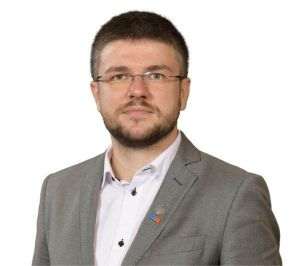
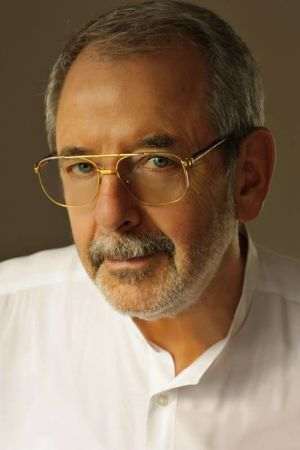
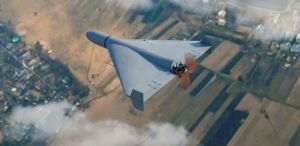
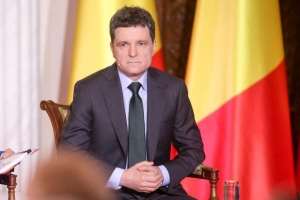
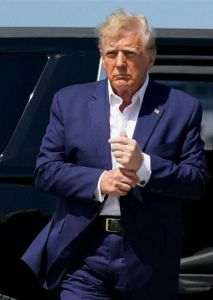
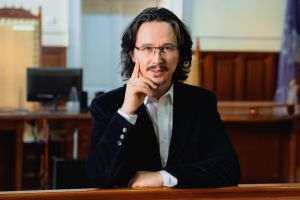









































1. Towards a Just Economic Order
(mesaj trimis de Penelope în data de 06.02.2019, 21:40)
Towards a Just Economic Order:
Conceptual Foundations and Moral Prerequisites...
A statement of the Baha'i International Community to the 56th session of the Commission for Social Development
NEW YORK, 29 January 2018
“To eradicate poverty is to build the world anew - economically, but also morally, culturally, and socially.
A world without poverty, its communities and patterns of life, would bear little resemblance to the one around us today.
The Commission’s work of “eradicating poverty to achieve sustainable development for all”, therefore, is not simply a matter of expanding access to material resources, challenging as that can be.
Rather, it is an endeavor of structural and social transformation on scales never attempted before.
And the magnitude of that work calls for new ways of understanding individual human beings and society as a whole.
Conceptual models of what is normal, natural, and possible exert a powerful influence on personal behavior.
For example, individuals tend to make less generous choices the more they are exposed to the self-centered calculations inherent in classic economic theory.
Such models also inform the structures of society, privileging certain kinds of values over others and shaping ways of seeing, understanding, and approaching the world.
The models we employ, therefore, are of crucial importance.
Some help to release latent potential, confer greater clarity of thought, illuminate unexpected paths forward, and facilitate constructive action.
Others distort, constrain, and confuse.
Humanity has employed countless conceptual models throughout its history, their various elements contributing to progress in some instances and hindering it in others.
But regardless of what has come before, it is clear that the transformational change required today calls for new vantage points fr om which to explore challenges, assess realities, and imagine solutions.
We must therefore be prepared to assess - and if necessary, revise - the assumptions that have shaped the current international order and structures of society.
Consider, for example, the belief that humanity is inherently contentious and conflict is unavoidable.
That human behaviour is driven primarily by self-interest, and prosperity must therefore be based on the pursuit of personal advantage.
That the well-being of groups or nations can be meaningfully understood on their own, disconnected and in isolation fr om the well-being of humanity as a whole.
That the contemporary world is ch aracterized by a fundamental lack of human and material resources, rather than an abundance of them.
Notions such as these, implicit and unspoken in many cases, go largely unchallenged in contemporary discourse.
But their real-world consequences are significant indeed. Can the belief that human beings are inherently selfish be anything but destructive when applied in contexts such as the community, the family, or the school?
Can an understanding of economics grounded in a presumption of individuals or groups gaining advantage over others lead to anything but the grossly unequal conditions multiplying on every side?
Alternatively, what would global economic structures look like if collaboration were understood to be a more powerful driver of development than competition?
How would extremes of poverty and excesses of wealth be addressed if the good of the individual were truly understood to be inseparable fr om the good of the whole?
What policies would be enacted if governmental priorities were shaped primarily by the interests of the citizenry at large, rather than by the preferences of a sel ect few with privileged access to the halls of power?
Given the unprecedented pace of transition in the current age, the Bahá’í International Community calls on Member States and others at the Commission for Social Development to initiate a profound reevaluation of the assumptions on which development initiatives rest.
Efforts must be made to ensure that the policies being undertaken by the international community are consonant with the values it is espousing, that the propositions taken to be established fact are still valid in light of emerging global realities, that the axioms proclaimed in global fora are consistent with evidence encountered in the field.
Consider, for example, the disconnect between an age in which countless aspects of daily life are impacted by profound global interdependence, on the one hand, and on the other, pronouncements fr om the highest levels that well-being is best sought through the pursuit of narrow national interest.
Similarly contradictory is the supposition that unfettered competition could be compatible with the “collaborative partnership” and “spirit of strengthened global solidarity” envisioned in the 2030 Agenda for Sustainable Development and other United Nations initiatives.
These are issues of critical importance. Continued progress requires increasing clarity and depth of understanding about ourselves and the conditions around us.
Only to the degree that our mental map of the world is accurate can we hope to ch art a true course to a better future.
A systematic reassessment of this kind would involve actors of many types, within the United Nations and beyond.
Academics might investigate the foundations of current models and the benefits and risks of alternatives - for example, economic models in which prosperity is more broadly defined and no longer seen as a product of production and consumption alone.
Policy makers and arbiters of affairs at all levels might examine the presumptions underlying current policies and assess the possibility of unintended consequences - for example, whether assumptions of conflict in human nature might inadvertently perpetuate those very patterns of hostility.
Practitioners might evaluate whether operating procedures and approaches run contrary to organizational values, reinforcing perceptions of otherness and undermining a stated commitment to equal partnership with local communities.
What might the reframing of such a discourse look like in practice?
Consider the perceived lack of resources mentioned above.
Data clearly demonstrate that ours is a world of abundance, at least in the aggregate. Global per capita GDP, for example, stood at $16,143 in 2016 - a figure that would represent a vast increase in monetary resources for the majority of the world’s people. Similarly, more than enough food is produced to feed all of humanity today.
These are not new or novel observations. Yet countless discussions begin and end with a perceived lack of funds or supplies, rather than an exploration of why the vast resources available to the human race are utilized as they currently are.
Many organizations and individuals undoubtedly lack the resources they feel they need. Yet at the systemic level, the assumption that “there isn’t enough money” fundamentally misreads the relevant realities of the world.
Financial resources are becoming increasingly concentrated in certain segments of society, generating both unconscionable extremes of wealth and inexcusable depths of poverty.
Realities such as these are incompatible with the ideals of justice, equity, and dignity to which the global community has committed itself. In addition to moral considerations, these dynamics can be highly destabilizing and corrosive to the social fabric, and represent a clear and tangible danger to society.
Yet the worst of their effects can be ameliorated through adjustments at the level of policy and practice, and all actors - governments, companies, citizens - should acknowledge their responsibility in this regard.
The challenge, then, is not one of scarcity, but rather the choices and values that must inform the allocation of resources.
This example and others like it demonstrate the necessity of identifying the premises underlying approaches, and consciously exploring how they enhance or hinder efforts.
Equally important is the ability to articulate the principles that current procedures and systems should be translating into on-the-ground realities.
That the human race is one interdependent whole; that women and men are inherently equal; that force must be made the servant of justice; that truthfulness is the foundation of personal integrity and lasting social progress - if these are propositions that we believe in, our organizations and efforts must increasingly reflect and embody them at every level.
What is being called for is a review of the international community’s framework for collective thought and action.
Such an effort cannot be confined to a one-time initiative, if it is to be effective. Rather, deep reflection, woven into the ongoing functioning of the entire United Nations system will be needed.
Notable progress was made over the course of the Millennium Development Goals; the Sustainable Development Goals demand even wider vision and more creative thinking.
It is time, then, to reassess foundational beliefs about ourselves, the nature of our relationships, and the realities shaping the world we live in.
Only in this way can the groundwork for true and sustainable progress be laid.”
2. fără titlu
(mesaj trimis de Om în data de 06.02.2019, 22:06)
Make foto?